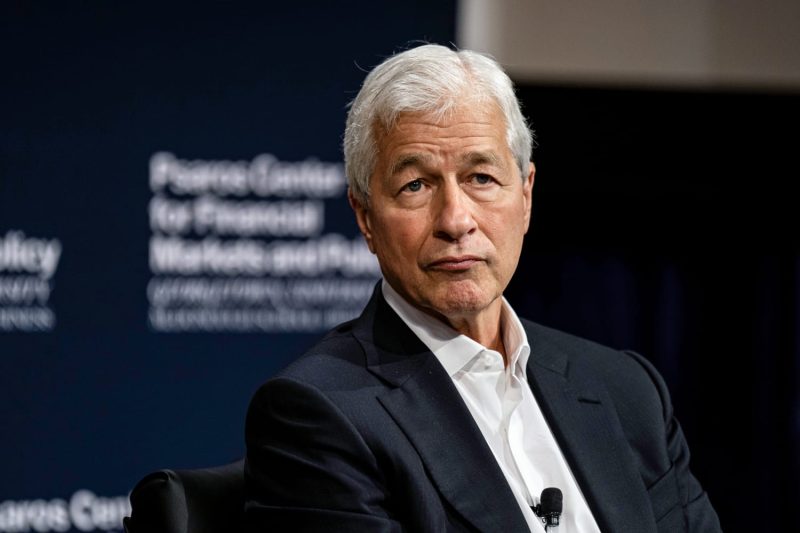
JPMorgan Introduces Innovative Position to Manage Junior Bankers Amid Wall Street’s Workload Worries
In response to mounting concerns over the workload and burnout of junior bankers on Wall Street, JPMorgan Chase has taken a proactive step to address these issues by creating a new role that will oversee and support junior bankers within the organization. This move signals a recognition of the challenges faced by entry-level employees in the demanding and high-pressure environment of investment banking.
The new position, known as Senior Supervisory Role for Analysts, will be tasked with monitoring the workload and well-being of junior bankers, providing guidance and support, and ensuring that they are not overburdened with excessive work hours. This initiative aims to promote a healthier work-life balance and help prevent the burnout that many junior bankers experience due to long hours and intense pressure to perform.
While some may view this new role as a form of micromanagement or unnecessary oversight, it reflects a shift in the industry towards prioritizing employee well-being and mental health. Investment banking has long been known for its grueling work culture, with 100-hour workweeks and demanding deadlines being the norm. However, in recent years, there has been a growing recognition of the negative impact that this intense work environment can have on employees, leading to increased turnover rates and mental health issues.
By creating a dedicated role to support and supervise junior bankers, JPMorgan is taking a proactive approach to addressing these challenges and fostering a more sustainable work culture. This move may also help the firm attract and retain top talent by demonstrating a commitment to employee well-being and professional development.
Ultimately, the creation of the Senior Supervisory Role for Analysts at JPMorgan reflects a broader trend in the financial industry towards reevaluating traditional work practices and prioritizing the mental health and work-life balance of employees. As Wall Street continues to wrestle with workload concerns and burnout among junior bankers, initiatives like this one may serve as a model for other firms seeking to create a more supportive and sustainable work environment for their employees.
